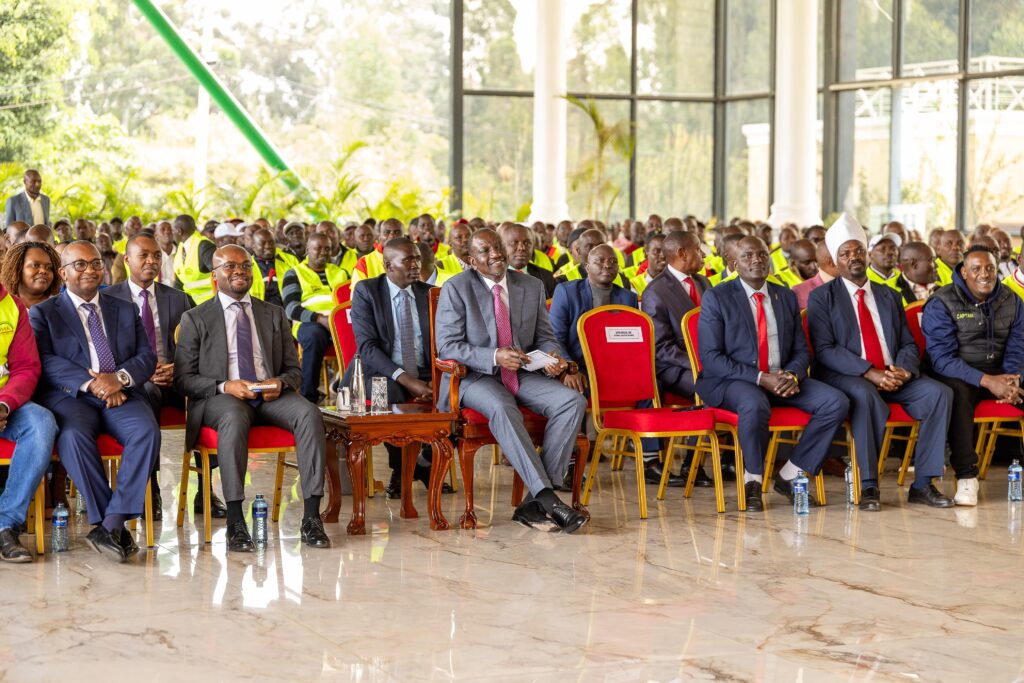President William Ruto has reaffirmed the government’s commitment to empowering Kenya’s boda boda sector by hosting national officials of boda boda riders at State House, Nairobi. The meeting, held earlier this week, sought to address the concerns and challenges faced by the sector and reaffirm its central role in the country’s economic development.
The engagement follows controversial remarks by Ruto’s Constitutional Affairs Advisor, Makau Mutua, who recently called for a ban on boda bodas in all major towns. The proposal sparked outrage among stakeholders, with the Boda Boda Safety Association of Kenya saying it undermined the government’s Bottom-Up Economic Transformation Agenda (BETA), which prioritizes empowering ordinary Kenyans.
“The boda boda industry is not just a means of transport. It is a source of livelihood for over two million Kenyan families,” said a representative from the association. “We urge the government to support rather than suppress this vital economic pillar.”
The sector is widely recognized as a key driver of employment, particularly among youth and low-income earners. In both urban and rural areas especially those with inadequate public transport and road infrastructure boda bodas provide affordable, fast, and reliable mobility.
Economically, the sector plays a vital role. It contributes an estimated 4.4 percent to Kenya’s GDP and generates around KSh60 billion annually through fuel taxes and related activities. This makes it a crucial source of revenue for the government while also easing transport challenges in underserved regions.
Despite its economic importance, the industry faces ongoing challenges, particularly in safety, regulation, and sustainability. Accidents involving boda bodas are common, and efforts to formalize and professionalize the sector have faced resistance and logistical hurdles.
President Ruto’s decision to host the boda boda leadership is seen as a timely intervention aimed at calming tensions and reinforcing the government’s support. Stakeholders now hope that the meeting will result in actionable reforms and investments, such as better training, insurance frameworks, and improved infrastructure, to make the sector safer and more sustainable.
As Kenya works toward economic recovery and inclusive growth, the boda boda sector remains a crucial vehicle both literally and figuratively for achieving those goals.

